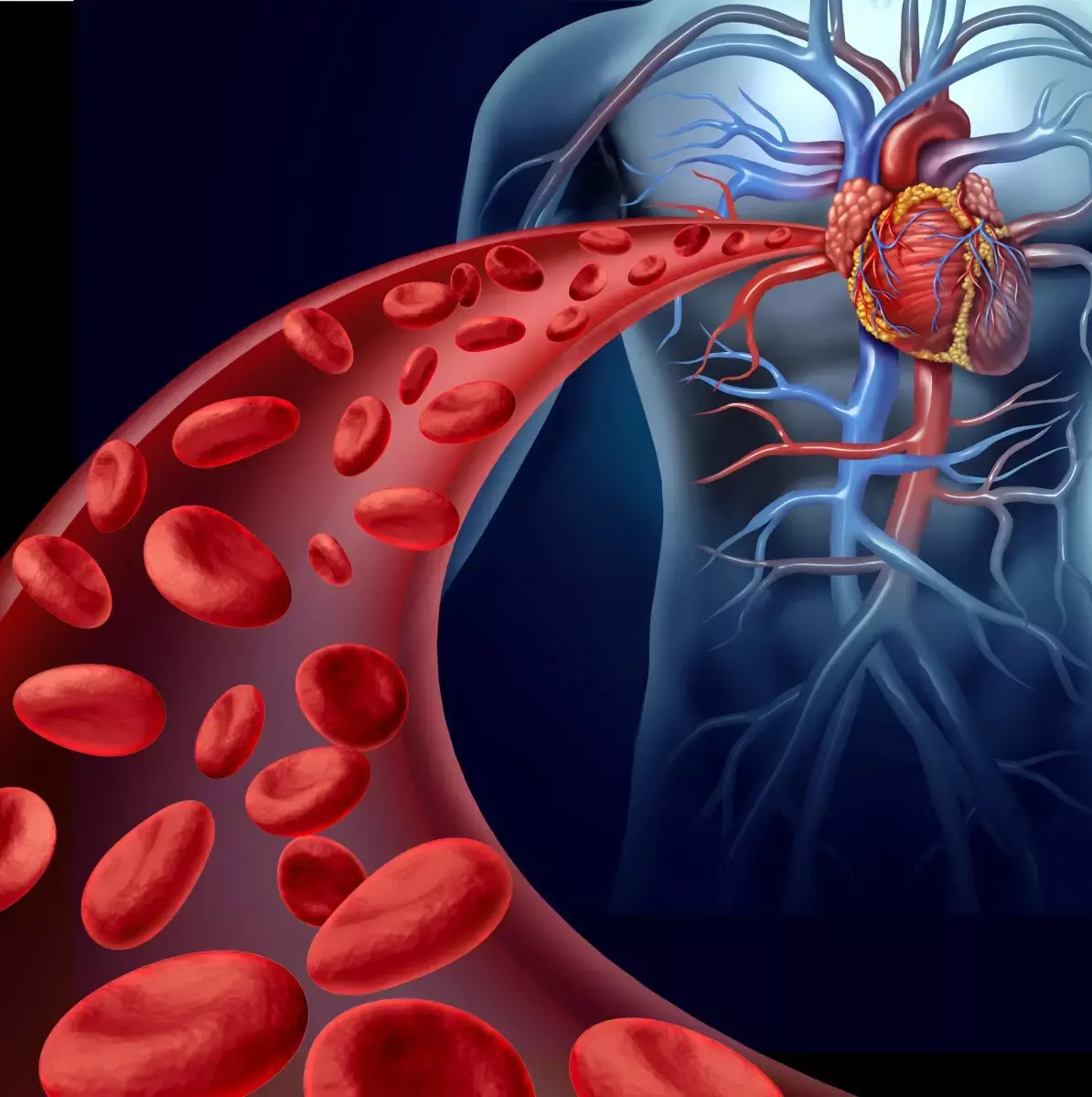- Home
- Medical news & Guidelines
- Anesthesiology
- Cardiology and CTVS
- Critical Care
- Dentistry
- Dermatology
- Diabetes and Endocrinology
- ENT
- Gastroenterology
- Medicine
- Nephrology
- Neurology
- Obstretics-Gynaecology
- Oncology
- Ophthalmology
- Orthopaedics
- Pediatrics-Neonatology
- Psychiatry
- Pulmonology
- Radiology
- Surgery
- Urology
- Laboratory Medicine
- Diet
- Nursing
- Paramedical
- Physiotherapy
- Health news
- Fact Check
- Bone Health Fact Check
- Brain Health Fact Check
- Cancer Related Fact Check
- Child Care Fact Check
- Dental and oral health fact check
- Diabetes and metabolic health fact check
- Diet and Nutrition Fact Check
- Eye and ENT Care Fact Check
- Fitness fact check
- Gut health fact check
- Heart health fact check
- Kidney health fact check
- Medical education fact check
- Men's health fact check
- Respiratory fact check
- Skin and hair care fact check
- Vaccine and Immunization fact check
- Women's health fact check
- AYUSH
- State News
- Andaman and Nicobar Islands
- Andhra Pradesh
- Arunachal Pradesh
- Assam
- Bihar
- Chandigarh
- Chattisgarh
- Dadra and Nagar Haveli
- Daman and Diu
- Delhi
- Goa
- Gujarat
- Haryana
- Himachal Pradesh
- Jammu & Kashmir
- Jharkhand
- Karnataka
- Kerala
- Ladakh
- Lakshadweep
- Madhya Pradesh
- Maharashtra
- Manipur
- Meghalaya
- Mizoram
- Nagaland
- Odisha
- Puducherry
- Punjab
- Rajasthan
- Sikkim
- Tamil Nadu
- Telangana
- Tripura
- Uttar Pradesh
- Uttrakhand
- West Bengal
- Medical Education
- Industry
Epilepsy-Heart Syndrome: CVD events increase after epileptic seizures on a long and short-term basis

Epilepsy is associated with increased risk of cardiovascular events (CVEs) such as stroke, acute coronary syndrome (ACS) and sudden cardiac death.Also the pathophysiological mechanisms underlying this are complex and multifaceted.
Cardiovascular events increase after an epileptic seizure on a long and short-term basis suggests a new study published in the Current Problems in Cardiology
The risks of cardiovascular events (CVEs) in people with epilepsy(PWE) are not well understood.
A study was done to establish the short- and long-term burden of CVEs in PWE.
Electronic health records from a global federated health research network (TriNetX) were used to establish a cohort of PWE. Primary outcomes were: i) the proportion of people experiencing a composite outcome of cardiac arrest, acute heart failure (HF), acute coronary syndrome(ACS), atrial fibrillation(AF), severe ventricular arrhythmia or all-cause death within 30 days of seizure; and ii) the 5-year risk for a composite outcome of ischemic heart diseases, stroke, hospitalization, or all-cause death in the PWE experiencing early CVEs. Cox-regression analyses with propensity score matching was used to produce hazard ratios (HRs) and 95% confidence intervals (CI).
Results
In 271,172 PWE (mean age 50±20 years; 52% females), the 30-day risk of CVEs following seizure was: 8.7% for the composite outcome, 0.9% for cardiac arrest, 0.8% for HF, 1.2% for ACS, 4.1% for AF, 0.7% for severe ventricular arrhythmias, and 1.6% for all-cause death. For the 15,120 PWE experiencing CVEs within 30 days of seizure, the 5-year adjusted risks for all composite outcomes measured were significantly increased (overall HR: 2.44, 95%CI 2.37–2.51), ischemic heart diseases HR 3.23 (95%CI 3.10–3.36), stroke HR 1.56 (95%CI 1.48–1.64), hospitalization HR 2.03 (95%CI 1.97–2.10), and all-cause death HR 2.75 (95%CI 2.61–2.89).
The large proportions of PWE with active disease that experience CVEs and the poor long-term outcome associated suggest the existence of an ‘epilepsy-heart syndrome’.
Reference:
Azmil H. Abdul-Rahim, Gregory Y.H. Lip. Epilepsy-Heart Syndrome: Incidence and Clinical Outcomes of Cardiac Complications in Patients with Epilepsy. Current Problems in Cardiology, 2023, 101868, ISSN 0146-2806. https://doi.org/10.1016/j.cpcardiol.2023.101868.
(https://www.sciencedirect.com/science/article/pii/S0146280623002852)
Dr. Shravani Dali has completed her BDS from Pravara institute of medical sciences, loni. Following which she extensively worked in the healthcare sector for 2+ years. She has been actively involved in writing blogs in field of health and wellness. Currently she is pursuing her Masters of public health-health administration from Tata institute of social sciences. She can be contacted at editorial@medicaldialogues.in.
Dr Kamal Kant Kohli-MBBS, DTCD- a chest specialist with more than 30 years of practice and a flair for writing clinical articles, Dr Kamal Kant Kohli joined Medical Dialogues as a Chief Editor of Medical News. Besides writing articles, as an editor, he proofreads and verifies all the medical content published on Medical Dialogues including those coming from journals, studies,medical conferences,guidelines etc. Email: drkohli@medicaldialogues.in. Contact no. 011-43720751


